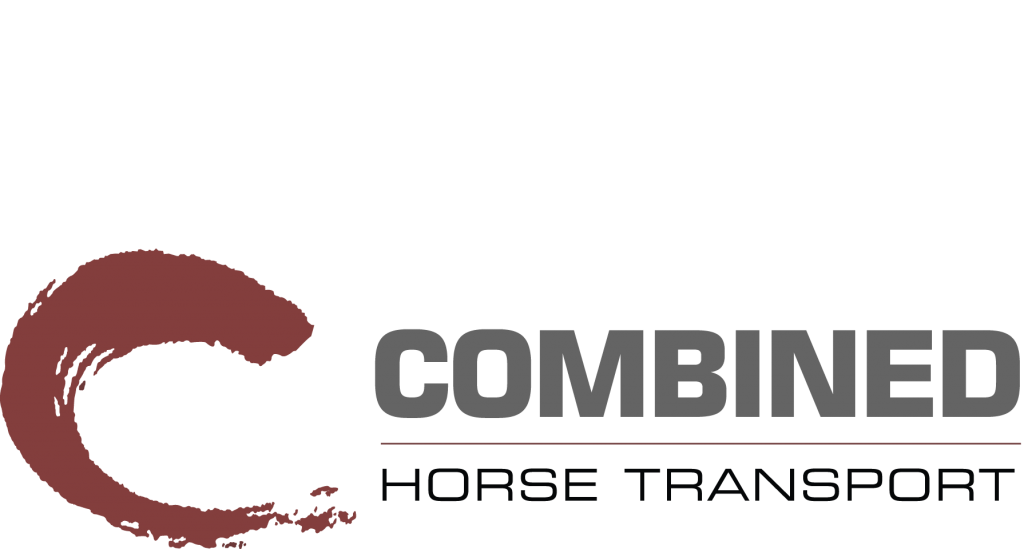‘your horse matters'
Liver Fluke and Restricted Goods
What Eastern States Horse Owners Sending Horses to Western Australia Need To Know
Horse Owners intending to sell or consign horses to Western Australia need to be aware that the quarantine requirements for horses and other livestock moving into the state of Western Australia are different to other States and Territories. The West Australian livestock entry conditions are designed to reduce the risk of livestock diseases and agricultural pests from other states and territories entering into and establishing within Western Australia. Horses can spread liver fluke. Weed seeds and plant diseases can be introduced in vegetable material on animals, vehicles, blankets, rugs, and equipment and in feed mixes such as hay and bedding.
LIVERFLUKE
Liver fluke is a worldwide parasite of most mammals, including man, and some birds. We have been fortunate enough to prevent liver fluke from establishing in Western Australia. The life cycle of the fluke requires passage through an intermediate host, a particular aquatic snail that frequents damp areas such as swamps, streams and irrigation systems. Eggs passed in the mammalian host’s faeces hatch and the first stage larva, known as ‘miracidium’ invades the snail, where it reproduces. Third stage larvae, known as cercariae, emerge from the snail and form a cyst, rather like an insect’s pupa, on plants in the water. Foraging animals then eat the cyst and the parasite migrates through the abdominal cavity and organs to the liver.Although the parasite is not known to have serious detrimental effects on horses, anecdotal evidence is accumulating of racing and pacing horses performing better after treatment. The great danger is allowing carrier horses into Western Australia to contaminate waterways and pastures used by other livestock industries. A recent economic analysis predicted that the establishment of liver fluke in the southwest agricultural region could cost the Western Australian livestock industry $10 million annually.
Your Responsibilities
Prior to and during transport ( CHT WILL TAKE CARE OF THIS FOR YOU )
Your responsibility is to:
• Present your animals at the Western Australian Entry Inspection Point free of liver fluke and prohibited material as prescribed in the entry certificate;
• Have a fully completed “Interstate Entry of Equines into Western Australia” certificate and a copy of a laboratory or veterinary report confirming testing for liver fluke with a negative (clear) test result;
• Have your horse certified as having been treated by a veterinarian with triclabendazole within 48 hours prior to arrival or on arrival in Western Australia,
• Provide three days prior notice of arrival to the stock inspector at the nearest point of entry into Western Australia (Kalgoorlie).
After entry (THIS IS YOUR RESPONSIBILITY)
Your responsibility is to:
• 21 – 35 days after entry, to have the horse treated by a veterinarian with triclabendazole.
• 90 – 100 days after entry, to have the horse sampled by a veterinarian and the sample tested at an approved laboratory.
Treatment and Testing
Horses accompanied by a Declaration of Origin stating that the animal(s) described in the declaration was/were born and have grazed exclusively in the Liver Fluke Test Exempt Area of Australia may enter Western Australia without test or follow up treatments for liver fluke, but they will require a treatment at entry. CHT will take care of this for you.
The Liver Fluke Test Exempt Area is:
• The Northern Territory; and
• In Queensland, north and west of the line of the road which runs from Hungerford to Thargomindah to Quilpie to Adavale to Blackall to Jericho to Alpha to Clermont to Mt Douglas on the Gregory Development Road, to Bowen via Collinsville on the Bowen Development Road; and
• In South Australia, north of Highway 32 from the New South Wales border to Peterborough, Highway 83 from Peterborough to Carrieton, and north of the boundaries of the Counties of Dalhousie and Frome from Carrieton to Port August, and those areas of Eyre Peninsula north of County Flinders.
Horses entering Western Australia from elsewhere in the Commonwealth are required to have a negative Faecal Egg Sedimentation Test (FEST) for liver fluke eggs within 14 days prior to travelling to WA, and then treated with an approved flukicide (triclabendazole) within 48 hours prior to, or immediately on entering WA.
Treatments and sample collection are to be done by a veterinarian and the samples are to be submitted by the vet to an accredited laboratory.
The owners of competition horses entering Western Australia for less than 28 days may apply for an exemption from treating and testing for liver fluke. Horses granted an exemption under this facility are quarantined to an approved stable, transporter and competition area, and all faecal material is to be collected and disposed of such as to present no risk of contamination to the local environment.
The “competition horse exemption” is not an option for endurance or “eventing” horses covering a long distance ride or moving around the State. Similarly, it is most unlikely that experienced and ‘travelled’ endurance or competition horses would qualify for the exemption based on the Declaration of Origin.
Where the journey from the property of residence to Western Australia may take more than 14 days and the horse may eat feed contaminated with liver fluke, a test for liver fluke immediately prior to departure may be a useful guide to the fluke status of your animal.
Horses that arrive in Western Australia having been sampled whilst in transit and having a positive FEST are re-treated, held in quarantine for a minimum of 14 days, and tested. This sequence is repeated until they return a negative FEST.
